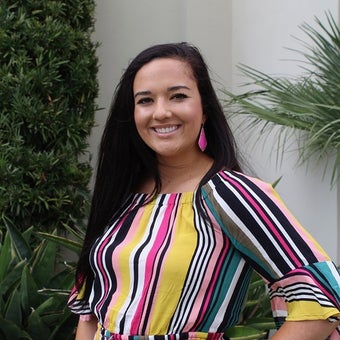Detransitioner Cat Cattinson speaks out about the harm of puberty blockers
Detransitioner Cat Cattinson joined 'The Ingraham Angle' to explain several risks and side effects of puberty blockers despite Planned Parenthood saying they are safe.
A woman who detransitioned is speaking out against puberty blockers, sharing her story in hopes of shedding light on the risks associated with the medications used by minors seeking gender-affirming care.
Cat Cattinson, who is also a molecular biologist, joined "The Ingraham Angle" to discuss the dangers of children using puberty blockers, and the potentially irreversible side effects.
"I identified as trans starting at age 13, but thankfully I did not transition until I was an adult because I was not affirmed by them, by my pediatrician. I was not affirmed by my parents, but if I had been, then the side effects after detransitioning probably would have been a lot worse," Cattinson told host Laura Ingraham.
VIRGINIA'S YOUNGKIN DEFENDS TRANS YOUTH POLICIES: KIDS ‘DON’T BELONG TO THE STATE'
"I could be infertile, I could have had a hysterectomy, mastectomy, so I'm grateful I was not affirmed because it ended up in me preserving my health and fertility."
Ingraham said the mainstream media appears to now be asking some questions about the long-term effects of such drugs, following a New York Times report on the subject.
"Concerns are growing among some medical professionals about the consequences of the drugs," the Times piece stated.
Cattinson said there is a lack of clinical research into the long-term side effects of using the medications, specifically with minors turning to them as a result of gender dysphoria.
Cattinson said Planned Parenthood provided her with gender-affirming care, and does not require an in-person visit or a mental health professional to be involved before giving minors treatment.
She said it was incredibly "easy" to pick up her prescription after a telehealth appointment, and a 30-minute chat with one of the doctors.
"Planned Parenthood is one of the organizations in the U.S. that supplies gender-affirming care, and they do telehealth, so it's possible to be prescribed over the phone, which is what happened with me," Cattinson said. "And they also say on their website that they will prescribe on the first appointments without a letter from a mental health care provider."
CLICK HERE TO GET THE FOX NEWS APP
"So I had about a 30-minute phone conversation with a doctor, and I was prescribed that day," she continued. "I picked up my prescription that day, so it's very easy to get these hormones these days."
She said she has heard similar stories from young people who have transitioned.
But Cattinson said there are also financial incentives at play.
"I think there's some vested interest from plastic surgeons," Cattinson said. "They make a ton of money from the surgical procedures, and then, of course, the pharmaceutical companies are funding research into gender-affirming care."
Last month, The United Kingdom's National Health Service said that most children claiming to be transgender may be going through a "transient phase" and began restricting gender-affirming treatment of minors.













































